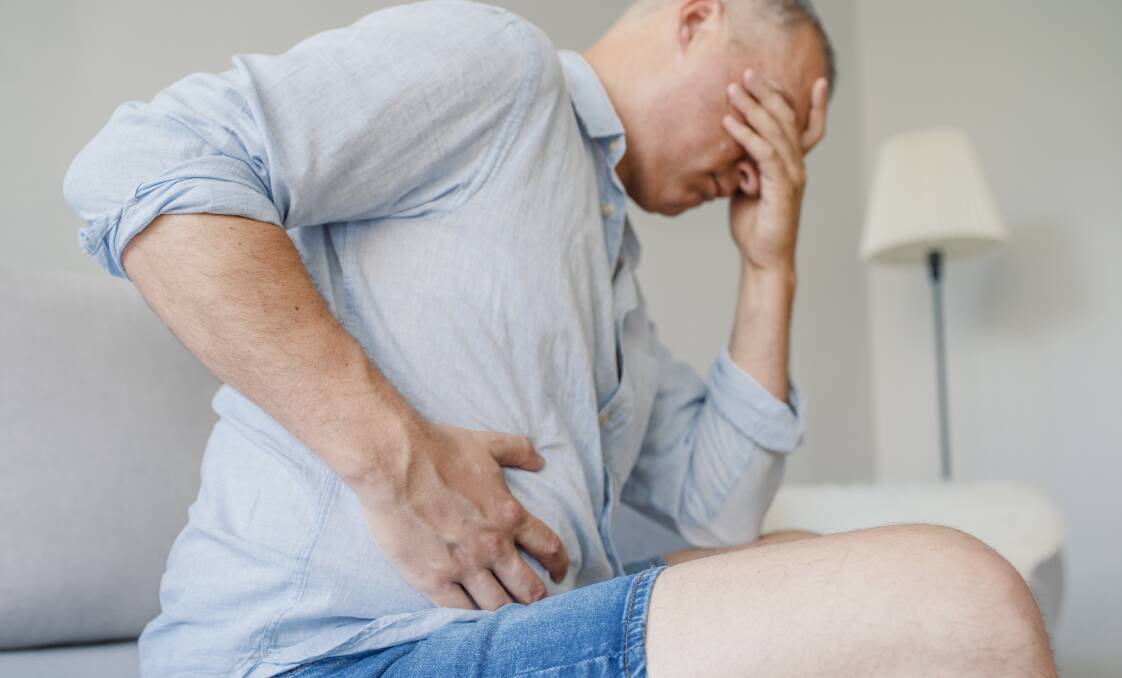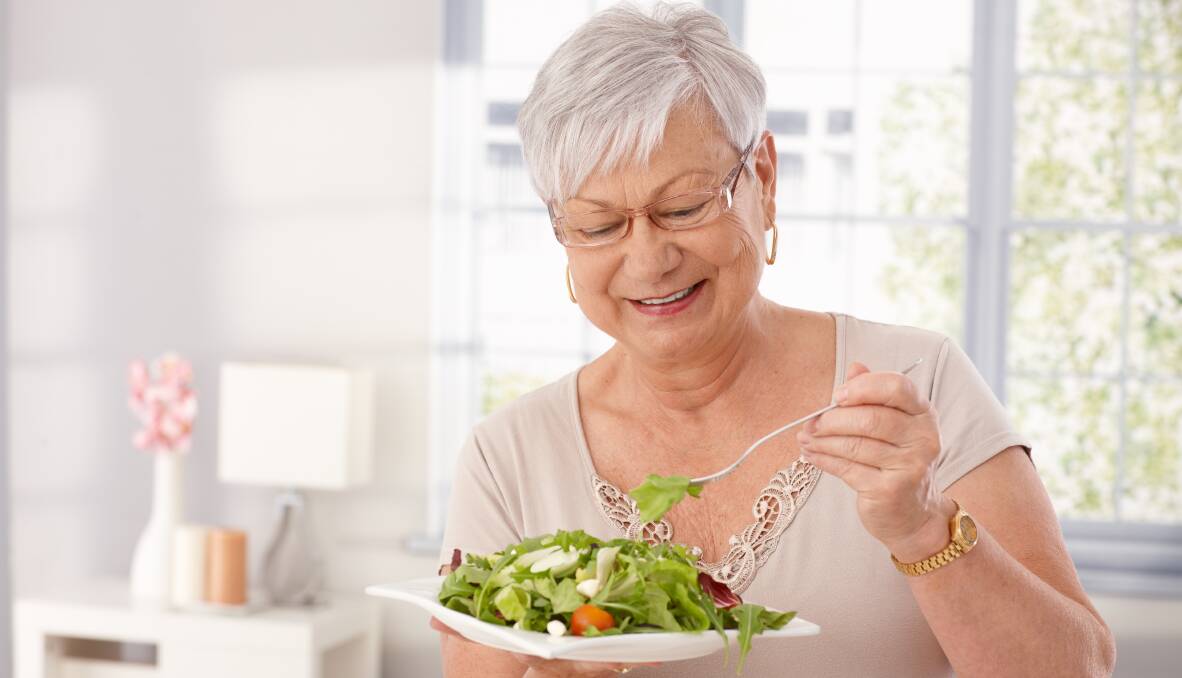It's the second deadliest cancer in Australia but vigilance could protect you and your family

This is sponsored content for Peel Health Campus.
Bowel cancer is the second deadliest cancer in the country, but with early detection the majority of cases can be treated successfully. In one of a series of articles from Peel Health Campus aimed at keeping our community healthier, gastroenterologist Dr Callum Pearce reports on the signs and symptoms of bowel cancer and, importantly, what to do if you experience them.

Australia has one of the highest rates of bowel cancer in the world with one in 13 people diagnosed in their lifetime.
Both men and women are affected, and bowel cancer does not discriminate when it comes to age, although the risk of developing the disease increases sharply and progressively from 50.
Age, family history, hereditary conditions and your health history can influence bowel cancer risk.
Bowel cancer risk is also increased by smoking, eating red meat (especially when charred), eating processed meats (smoked, cured, salted or preserved), drinking alcohol, and being overweight or obese.
What are the signs and symptoms of bowel cancer? Here are the key ones to be alert to:
- blood in the stool or rectal bleeding
- a recent, persistent change in bowel habit, especially if severe (including diarrhoea, constipation or the feeling of incomplete emptying)
- a change in the shape or appearance of bowel movements (more narrow than usual)
- abdominal pain or swelling
- pain or a lump in the anus or rectum
- unexplained anaemia
- a feeling that the bowel has not emptied completely after a bowel movement.
If you experience any of these symptoms, you need to see your GP as soon as possible. If your symptoms persist for two weeks or longer, your GP should refer you for a colonoscopy or to a gastroenterologist for further investigation.

As part of the National Bowel Screening Program, every Australian will receive a free bowel screening test kit when they turn 50. This is a sensitive test which identifies blood in a sample of faeces.
It is important to note that the test kit has an expiry date so please don't use an old one.
By 2020, all eligible Australians between 50 and 74 years will be offered free testing every two years.
If you have one relative diagnosed with bowel cancer at age 55 years or older, screening should be considered every two years from age 45.
If you test positive, your GP is notified straight away, and this should trigger an urgent referral for a colonoscopy.
If you live locally you can have a colonoscopy at Peel Health Campus, which is part of Ramsay Health Care, where we have a number of gastroenterologists.
The most important thing to remember is that if caught early, bowel cancer is quite easy to treat so make sure you keep up to date with tests and act quickly if you see any signs or symptoms.
For more information visit www.health.gov.au
This is sponsored content for Peel Health Campus, part of Ramsay Health Care.


